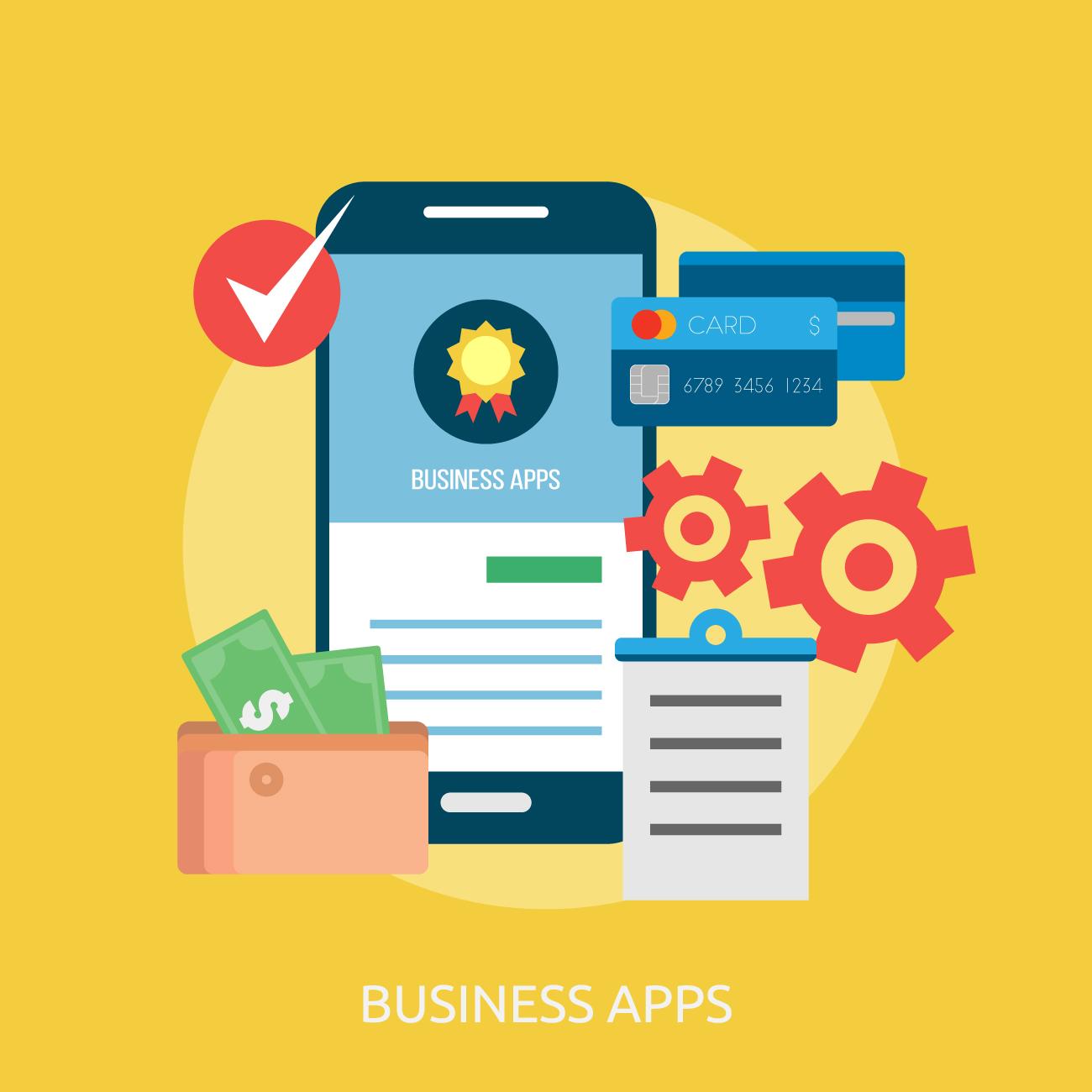Revolutionizing Healthcare: The Impact of Digital Payments

Introduction
In an era defined by technological advancements and the increasing digitization of our lives, the healthcare industry is not far behind in embracing the benefits of digitalization. Digital payments in healthcare have emerged as a game-changer, offering numerous advantages to both patients and healthcare providers. This article explores the significant role of digital payments in modern healthcare and how they are transforming the way we access and pay for healthcare services.
The Evolution of Healthcare Payments
Traditionally, healthcare payments involved paper-based processes, manual billing, and lengthy administrative tasks. Patients received bills through the mail and had to submit payments in person or by mail. This cumbersome process often led to errors, delays, and frustration for both patients and healthcare providers.
However, with the advent of digital payments, this landscape has dramatically changed. Patients now have the convenience of making payments online, through mobile apps, or via electronic invoices. This shift has revolutionized the healthcare industry in several ways.
- Improved Efficiency
Digital payments streamline the payment process, reducing the administrative burden on healthcare providers. Automation of billing and payment collection reduces the need for manual data entry and reconciliation, minimizing the chances of errors and speeding up the revenue cycle. This efficiency allows healthcare facilities to allocate more time and resources to patient care, ultimately enhancing the overall healthcare experience.
- Enhanced Patient Experience
One of the most significant benefits of digital payments in healthcare is the improved patient experience. Patients can access and pay their bills from the comfort of their homes using smartphones or computers. This convenience eliminates the need for physical visits to healthcare facilities, saving time and reducing the hassle associated with traditional payment methods. Additionally, digital payments often provide real-time payment confirmation, giving patients peace of mind.
- Cost Reduction
Digital payments can lead to substantial cost savings for healthcare providers. Eliminating paper-based billing and manual payment processing reduces printing and postage costs, as well as the need for physical storage space for paper records. Moreover, the reduction in billing errors and quicker payment cycles can significantly improve cash flow for healthcare organizations.
- Enhanced Security
Security is a top priority in healthcare, and digital payment methods offer robust security features. Encrypted transactions and secure payment gateways protect sensitive patient information, reducing the risk of data breaches and fraud. Patients can also review their bills and payment history digitally, making it easier to detect any discrepancies or unauthorized charges.
- Accessibility and Convenience
Digital payment methods offer unprecedented accessibility and convenience. Patients can make payments 24/7, regardless of their location. Additionally, many digital payment platforms allow patients to set up automatic recurring payments, ensuring that bills are paid on time without the need for manual intervention.
Challenges and Considerations
While digital payments in healthcare offer numerous advantages, there are also challenges and considerations to address:
-
Security Concerns: As healthcare involves sensitive patient data, security breaches remain a significant concern. Healthcare organizations must invest in robust cybersecurity measures to protect patient information.
-
Digital Literacy: Some patients may face challenges with using digital payment platforms due to limited digital literacy or access to technology. Healthcare providers should offer support and alternative payment options for these individuals.
-
Integration with Existing Systems: Transitioning to digital payment systems may require integration with existing healthcare IT systems, which can be complex and costly.
-
Regulatory Compliance: Healthcare providers must navigate complex regulations, such as HIPAA (Health Insurance Portability and Accountability Act), to ensure compliance with data protection laws when handling digital payments and patient information.
Conclusion
Digital payments have become a driving force in revolutionizing healthcare. They offer improved efficiency, enhance the patient experience, reduce costs, and provide enhanced security. While challenges and considerations exist, the benefits of adopting digital payment methods in healthcare are undeniable. As technology continues to advance, the healthcare industry must embrace digitalization to deliver more accessible, efficient, and secure services to patients worldwide. The future of healthcare payments is undoubtedly digital, and it promises a healthier and more connected world for all.
- Questions and Answers
- Opinion
- Motivational and Inspiring Story
- Technology
- Live and Let live
- Focus
- Geopolitics
- Military-Arms/Equipment
- Segurança
- Economy
- Beasts of Nations
- Machine Tools-The “Mother Industry”
- Art
- Causes
- Crafts
- Dance
- Drinks
- Film/Movie
- Fitness
- Food
- Jogos
- Gardening
- Health
- Início
- Literature
- Music
- Networking
- Outro
- Party
- Religion
- Shopping
- Sports
- Theater
- Health and Wellness
- News
- Culture

